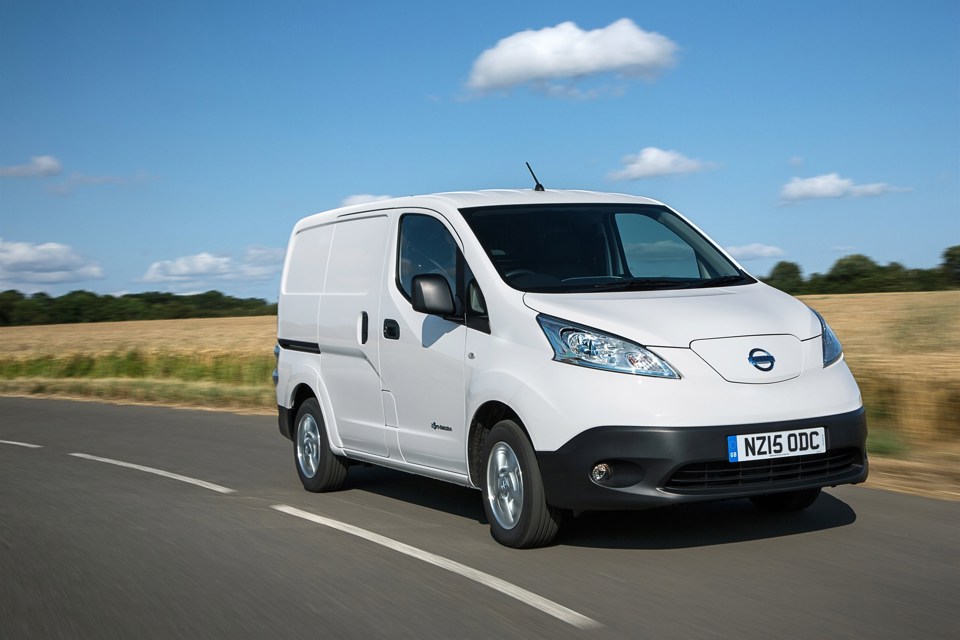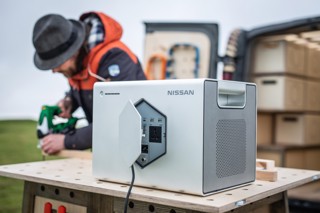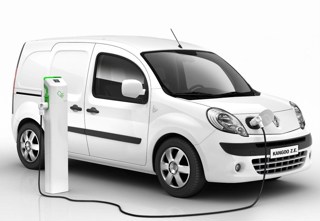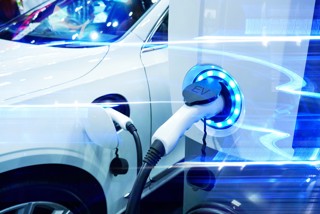Two thirds (66%) of small businesses predict their fleets will be fully electric within the next 20 years, with 50% expecting this to happen in half that time, new research suggests.
The Renault-Nissan-Mitsubishi LCV business commissioned a survey to gain insight into thousands of small business owners and decision-makers globally. It found that almost all (93%) of business owners or decision-makers responsible for 50 vehicles or more, consider environmental sustainability of high importance.
The trend towards electrification was reflected in Renault-Nissan-Mitsubishi LCV business’ latest sales results, as Renault’s European leadership of EV vans (46.2% market share) contributed to a 13.5% year-on-year growth of light commercial vehicles.
The LCV business’ combined sales, which includes trucks, vans and frame-based SUVs, reached almost two million units, the highest sales totals in the organisation’s history.
Groupe Renault, whose electrified LCV line-up is comprised of the Kangoo ZE, Master ZE, Twizy Cargo, and Zoe Societe, has announced that 100% of its vans will be electrified by 2022.
The Nissan e-NV200 small all-electric van is seeing a significant upswing in demand. In 2018, production was up by 50% compared to the previous year to reach a total of 6,000 units.
Mitsubishi offers the MINICAB MiEV van in Japan as well as commercial versions of the Outlander PHEV in some global markets.
This latest research has shown that the higher the turnover of the company and the bigger the fleet, the more important sustainability is to them.
Ashwani Gupta, senior vice president of the Renault-Nissan-Mitsubishi LCV business, explained: “These results show that the electrification of fleets is increasingly on the minds of our customers - not just for the financial efficiencies that EVs can deliver, but because environmental sustainability is clearly crucial to the future of their businesses.
“I’m impressed at how optimistic these fleet managers are about the speed in which their vehicles will be fully electrified.
“Renault is the global leader in making vans. Nissan makes great trucks and Mitsubishi are at the top when it comes to the production of frame vehicles. Combined, we are a truly global powerhouse, and working together on connectivity, powertrain developments and autonomous technologies will allow us to meet the rising demands of our customers and their businesses.”
The study also revealed that 55% see their fleets becoming fully autonomous within the next 20 years, with 38% saying this is likely to happen within as little as 10 years.
Almost half (48%) of businesses with a turnover of $100m or more also stated environmental sustainability is ‘very important,’ while only 25% of businesses with turnover between $100k - $9.9m said the same.
Connectivity will be most key to success from a logistics perspective, according to a fifth of the business leaders surveyed. Other business owners believe automation will play the biggest role in their future success (14%).
In terms of an organisation’s willingness to adopt new technologies, more than a third (35%) said business efficiencies are the main reason for investing in new tech within their fleet, 21% said that cost saving drives their decisions, and 14% highlighted their desire to be more sustainable.
As part of the Alliance 2022 mid-term plan, Renault-Nissan-Mitsubishi is continuing to forecast that annual synergies will exceed €10 billion by the end of 2022.
The member companies will also increase commonality, targeting nine million units based on four common platforms. The plan will also extend the use of common powertrains to 75% of total sales.
In addition, 12 new zero-emission electric vehicles will be launched during the plan, and 40 vehicles will be introduced with different levels of autonomy.























Login to comment
Comments
No comments have been made yet.